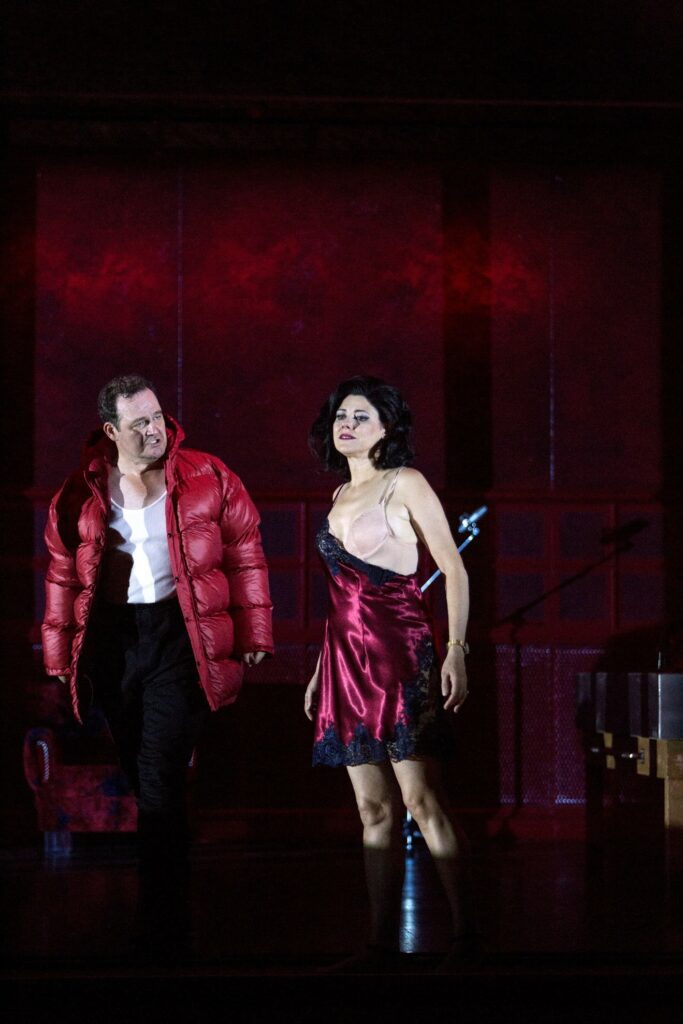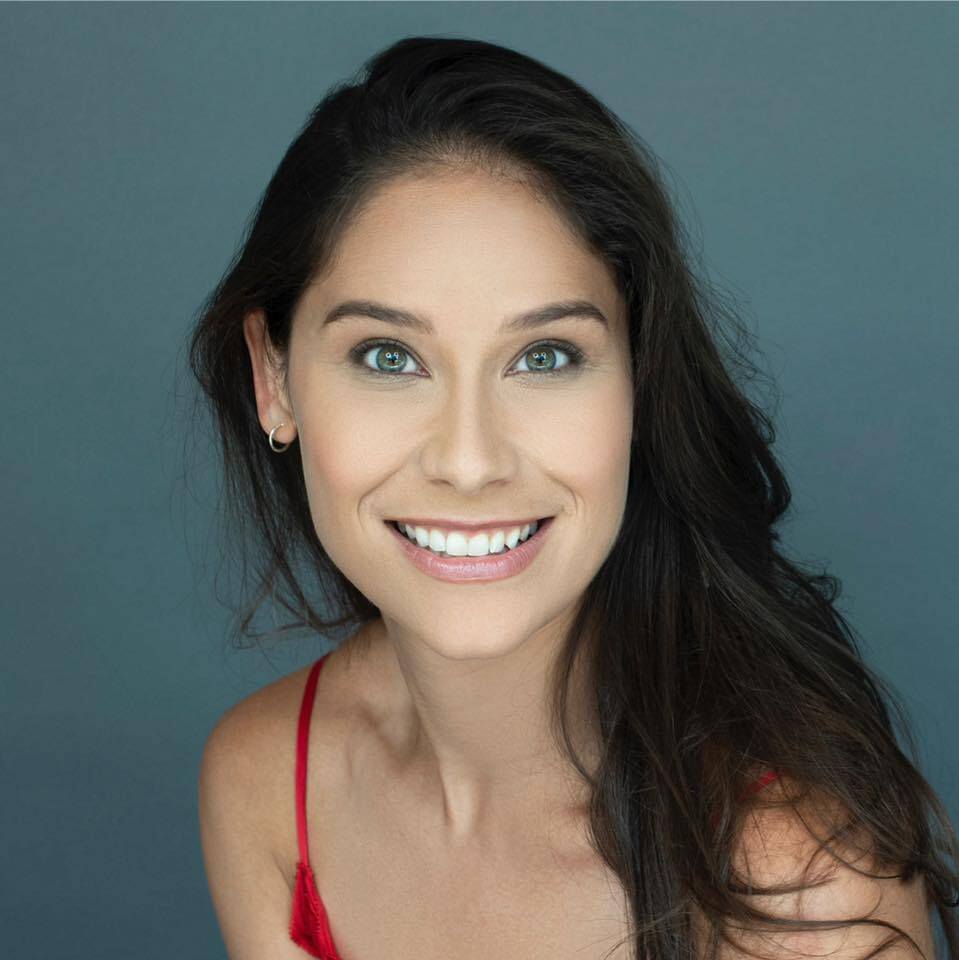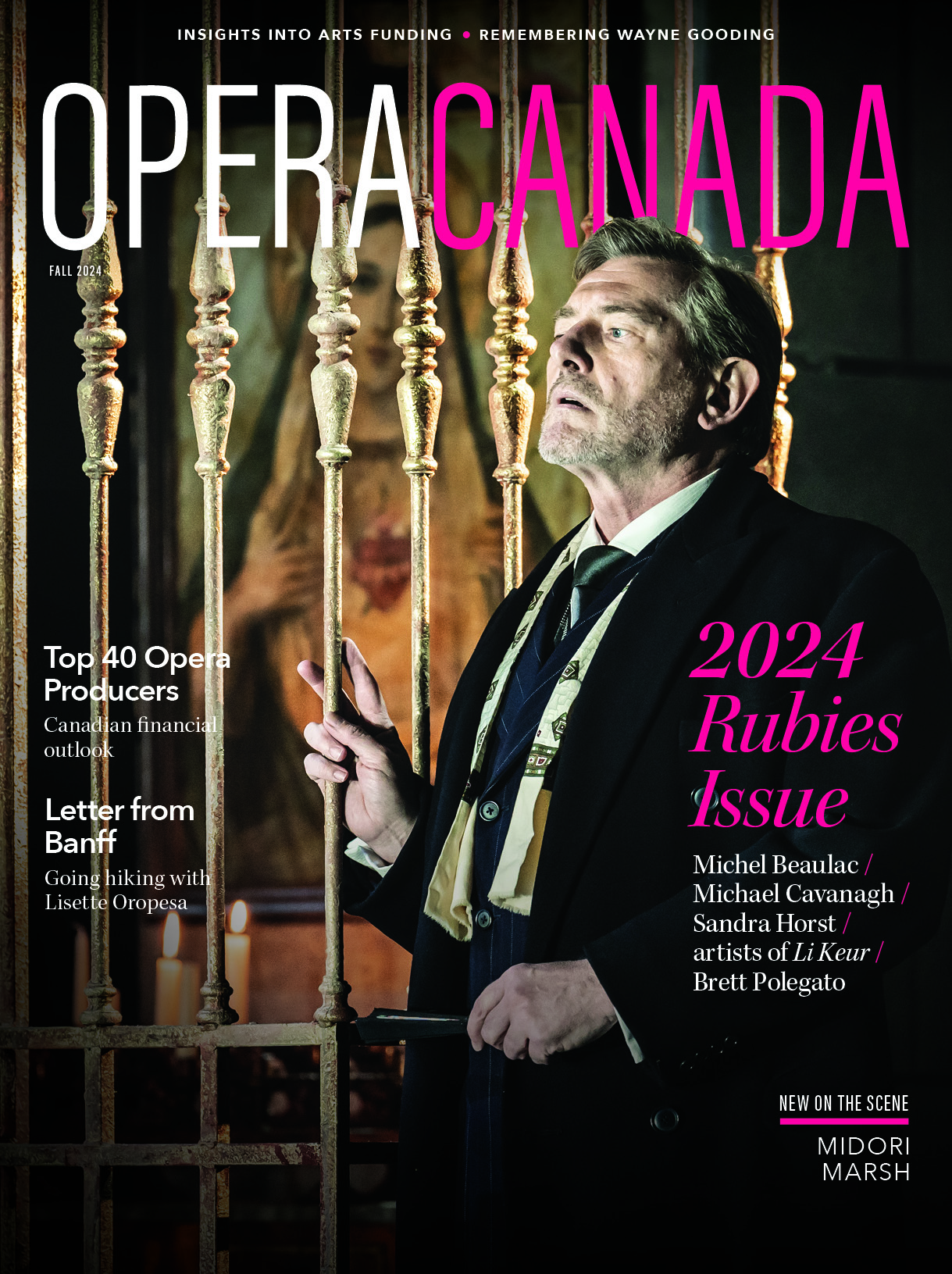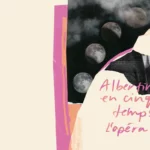When he began working on The Bassarids in 1963, the 37-year-old Hans Werner Henze (1926-2012) had been writing operas for more than a decade, starting with his first full-length work for the stage, Boulevard Solitude (Hanover, 1952), a jazzy version of L’Abbey Prévost’s novel Manon Lescaut (1731). There had also been a collaboration with librettists W.H. Auden and Chester Kallmann on Elegy for Young Lovers, which premiered at the Schwetzingen Festival in 1961.
The Bassarids, based on the classical Greek Tragedy The Bacchae (406 BC) by Euripides, had its world premiere in 1966 at the Großes Festspielhaus in Salzburg, sung in German and conducted by Christoph von Dohnányi. This year’s revival at the Salzburg Festival (seen Aug. 16) features the original English text by Auden and Kallman with American conductor Kent Nagano at the helm of the Vienna Philharmonic Orchestra. Nagano’s control over the vast orchestra including a percussion section on a high balcony on the right side of the stage, while supporting the singers in their grueling roles, is masterful.

Russell Braun (Pentheus) and Tanja Ariane Baumgartner (Agave / Venus) in Salzburg Festival’s The Bassarids. Photo: Salzburg Festival / Bernd Uhlig
Adding to the difficulty is the broad stage of the Felsenreitschule itself which designer Małgorzata Szczęśniak has subdivided the into four sections: the middle is the place of the coronation; to the right is Agave’s bedroom, an intimate space; to the left is the place of ritual and worship where the tomb of Semele stands. On the far left, a silvery mountain rises steeply upwards. Nagano admits that at moments it’s impossible to keep contact with the singers and therefore the extended rehearsal period, which is one of the luxuries of working at the Salzburg Festival, proved indispensable.
The Bacchae is considered one of the greatest plays of all time. Set in ancient Thebes, it tells the story of the young King Pentheus who tries to ban the decadent cult of the god Dionysus from his city. But the god’s influence over the citizens extends to Pentheus’ mother, Agave and his sister, Autonoe. Finally, Pentheus is killed and beheaded by his own mother and the city is brought to ruin.
The play was viewed negatively by Friedrich Nietzsche, who saw Euripides as the rebel who had destroyed the foundations of classic Greek Tragedy by bringing it closer to physical existence and reflective of the realities of daily life. The philosopher condemned this strain of theatre in his essay The Birth of the Tragedy (1872) as one that drained the ability of the individual to participate in forms of art that allowed him to view the sufferings of life with distance and optimism. Nietzsche concluded that only through the operas of Richard Wagner could we rediscover the balance of the Dionysian and Apollonian in modern art and experience a ‘rebirth’ of tragedy.
Director Krzysztof Warlikowski’s interpretation is very much in the Euripidian tradition, bringing the classical myth to ground level to see what it has to say to us today. He connects the story to the way Europe is currently being swayed by right-wing extremists. “Something is happening in the 21st century, which we thought was over and done with,” he says. As a Polish citizen, especially at this moment, he often feels a stranger in his own country—a point of view expressed by Pentheus in the opera. Warlikowski hopes Henze’s music can perhaps offer answers to certain questions that words can’t answer.
In this staging, the god Dionysus is not a distant presence, but a character in the play. Beginning with the spoken prologue where he appears dressed as a mysterious stranger, he reveals he is the son of Semele and Zeus and intends to revenge himself upon Agave and the women of Thebes because they have denied his divinity. He leads a thiasos, a sacred band of his female disciples—the blood thirsty Bassarids who will wreak destruction.
The production is served by a cast of top flight singers. Canadian baritone Russell Braun is profoundly moving as Pentheus, plunging into the depths of humiliation and destruction at the hands of his own family and people who have become fanatic followers of Dionysus. Braun’s voice has astonishing expressive power with high notes of stunning assurance. His nemesis Dionysus, the Sri-Lankan-American tenor Sean Panikkar, is one of the revelatory debuts of this year’s Salzburg Festival. His distinct timbre and presence are simply remarkable.

Tanja Ariane Baumgartner (Agave / Venus), Vera-Lotte Böcker (Autonoe / Proserpine) in Salzburg Festival’s The Bassarids. Photo: Salzburg Festival / Bernd Uhlig
Each performer contributed on the highest level: Willard White as Cadmus, Nikolai Schukoff as Tiresias and Calliope, Károly Szemerédy as the Captain and Adonis, Tanja Ariane Baumgartner as Agave and Venus, Vera-Lotte Böcker as Autonoe and Proserpine and Anna Maria Dur as Beroe. Invisible but omnipresent, the 100 voice Vienna State Opera Chorus led by Huw Rhys James was outstanding.
The virtuoso solo dancer and choreographer Rosalba Guerrero Torres, who frequently appears in Warlikowski’s productions, seems the very incarnation of a raving Bassarid.










